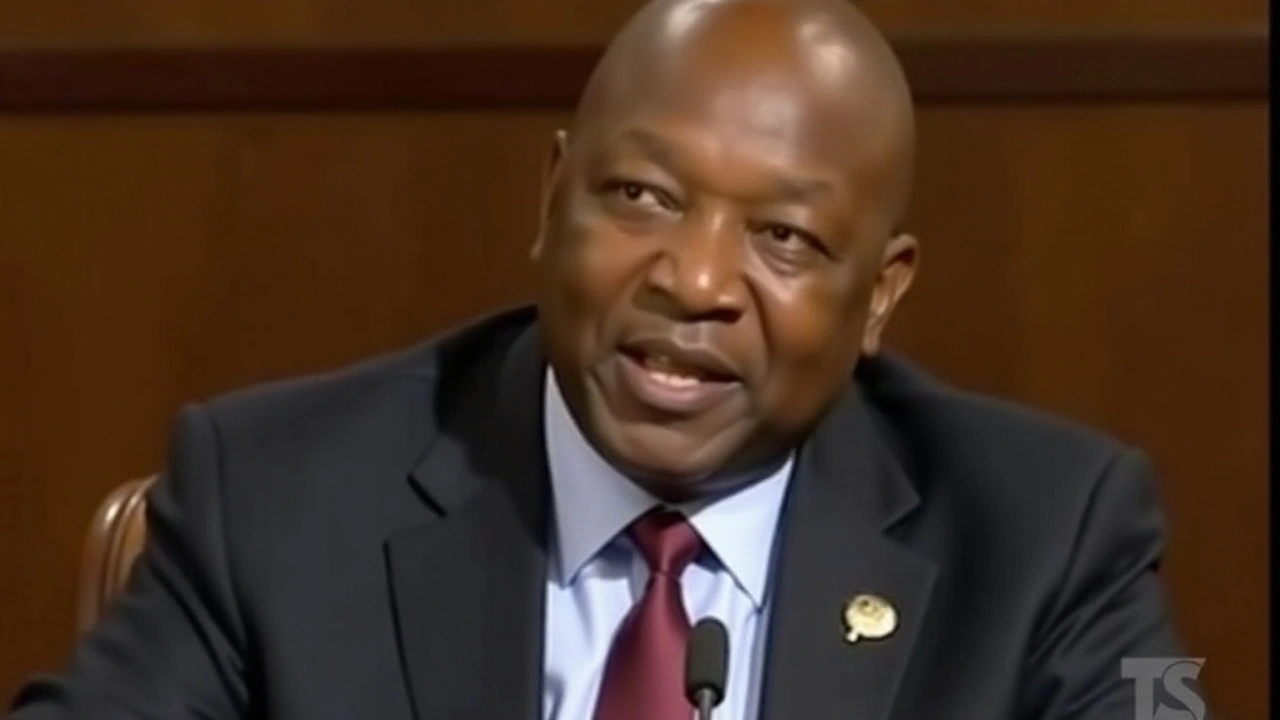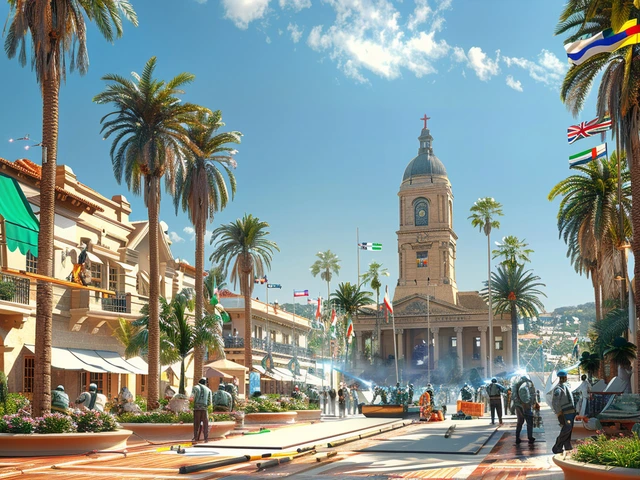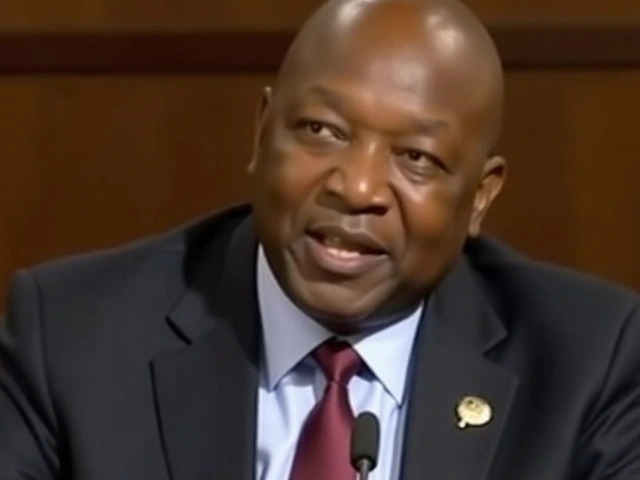Cyril Ramaphosa Rallies BRICS for Unified Global Leadership
In a stirring address on October 24, 2024, South African President Cyril Ramaphosa called on BRICS nations to harness their collective strength and influence to instigate meaningful global changes. His remarks emphasized the growing role and responsibility of BRICS—a coalition consisting of Brazil, Russia, India, China, and South Africa—in shaping a new world order. The president not only highlighted the strategic importance of these countries but also drew attention to the pressing obligations they must tackle to benefit the global community, especially the global South.
The Power of Association: BRICS' Potential Impact
BRICS, as outlined by Ramaphosa, represents a diverse and potent bloc in the midst of international politics, particularly when it comes to influencing global policies and advancing joint interests. The President's poignant message reinforced the necessity for these nations to move beyond traditional diplomatic engagements and towards a more active politicking role. By utilizing their unique combination of economic clout, political influence, and strategic positioning, BRICS is poised to be a formidable actor in emerging global dynamics, which are currently dominated by longstanding Western powers.
Promoting Cooperation for Secure and Prosperous Future
One core theme in Ramaphosa's speech was the inevitable importance of security cooperation among BRICS. He asserted the need for enhanced mutual trust, not just to underpin political relations, but to foster robust economic and cultural exchanges. Such cooperation, he suggested, begins with a strong baseline of strategic partnerships in various sectors, including energy, technology, and trade. This foundational trust is critical for institutionalizing practical cooperation, which in turn helps mitigate existing conflicts and prevent potential disputes within the group.
Vision for an Equitable World Order
Ramaphosa's vision of a more just and equitable world order resonated through his speech. He maintained that the current global system, largely designed by Western powers post-World War II, requires significant reform. This system, according to the South African leader, fails to adequately represent or address issues pertinent to the developing world and the global South. The President urged BRICS to act as torchbearers for such changes, promoting fairness and equity in sectors ranging from international trade regulations to climate change policies.
Navigating Global Challenges and the Role of BRICS
The global challenges facing nations today require decisive and collective action, Ramaphosa pointed out. From environmental concerns and economic instability to social inequalities and cybersecurity threats, the spectrum of issues is vast. He underlined that BRICS has the capacity and moral responsibility to address these multifaceted challenges, influence global governance, and foster sustainable development practices that are inclusive to all nations, especially those marginalized by the current system.
Strategic Importance of BRICS in International Relations
The President's message also added a layer of strategic depth to the role of BRICS, underscored by the historical contexts and contemporary realities of each member nation. The ongoing geopolitical tensions, economic shifts, and cultural exchanges underscore the urgency for BRICS nations to operate as cohesive entities. By doing so, they could establish alternative narrative and power brokering in international relations that provide new forums for dialogue and policy making beyond the G7 and other Western-dominated assemblies.
Leveraging Influence for the Global South
Ramaphosa reiterated the significant role BRICS can play in advocating for the interests of the global South, where many nations continue to face economic hardships and socio-political challenges. By leveraging their combined influence, BRICS can facilitate development programs, support education and health projects, and push for equitable economic policies that promote trade and investment opportunities for underrepresented areas. These efforts are crucial for addressing inequalities and fostering a balanced economic landscape globally.
The South African leader's speech has reignited discussions over the potential future direction of BRICS. By featuring a combination of astute political analysis and passionate advocacy for change, Ramaphosa has laid down a clear marker for the kind of proactive engagement required from BRICS nations. As the world continues to navigate through unprecedented challenges, the collective actions and unified voice of BRICS could prove pivotal in shaping a more harmonious and equitable global future.



